Note: This post contains affiliate links which means if you click on a link and purchase an item, we will receive an affiliate commission at no extra cost to you.
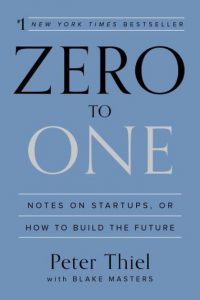
Why This Book Matters:
There are infinite untapped business opportunities out there, but a lack of innovation has kept many entrepreneurs from unlocking the potential that awaits.
Zero to One explains how the true secret behind successful startups lies in the pursuit of truly unique visions with tenacity and determination.
Key Takeaways:
- Innovation requires looking at the present unconventionally and creating your own future
- Horizontal thinking leads to creating products that already exist. Instead, think vertically by imagining your own future and what products you need to get there.
- Example: Steve Jobs demonstrated vertical thinking when he envisioned the iPod, which was truly unique for its time and the impetus for a whole line of post-PC digital devices.
- The sign of a truly innovative product is the monopoly that evolves as a result
- Monopolies mean that other competitors didn’t have what it takes to compete.
- Example: Google does its job so well that no other company has come close to competing.
- Four principles of successful monopolies allow them to thrive
- 1) Monopolies have a technologically unique advantage over competitors. 2) They create a network effect where the more people who use the product, the more powerful it becomes. 3) They benefit from economies of scale while fixed costs remain the same. 4) Monopolies become popular through excellent branding.
- Example: Facebook has cultivated technology to digitally connect people, signs up new users daily, maintains static fixed costs, and practices innovative marketing.
- Don’t reinvent the wheel
- Don’t expect success from reinventing the wheel. Instead, envision and create a unique product and know that success may take years.
- Example: The founders of PayPal waited over a decade to realize success.
- Your start-up will only be as successful as the quality of people and the culture within it
- People and their relationships with co-workers can make or break any company. Only accept stakeholders who are driven and dedicated team players.
- Example: Countless unique startups have died on the vine because of internal conflict.
- Marketing is just as important as the products themselves
- Don’t assume your product is so great you won’t need to invest heavily in marketing.
- Example: The author co-founded Palantir, and spent a great deal of time selling the product personally with potential customers due to the product’s hefty price tag.
- Ask yourself seven critical questions to ensure success for your company
- Your business can falter if you haven’t covered all the fundamentals of the product and its associated market: Is this a true technological breakthrough? Is it the right time? Is your market small enough to have a large share? Is your team capable enough? Do you have sufficient distribution channels? Can you defend your market 20 years from now? Are you identifying a unique opportunity no one else sees?
- Example: Thousands of cleantech companies failed between 2005 and 2009 because they got swept up in the cleantech craze and without addressing these questions first.

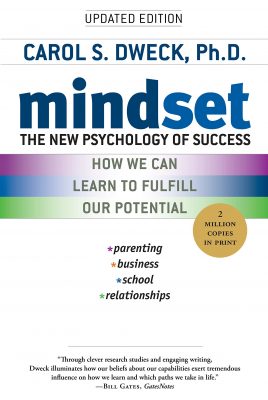
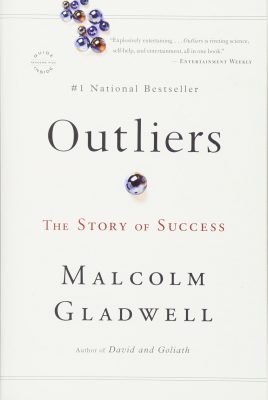
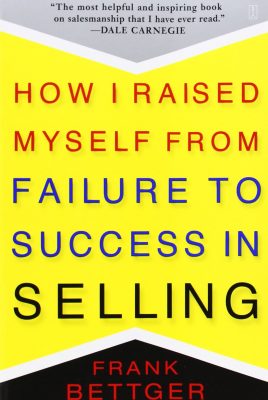

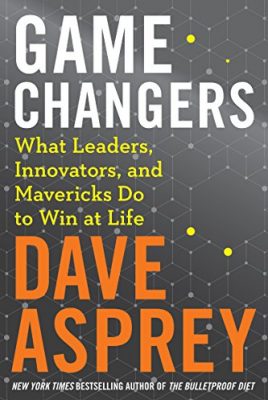
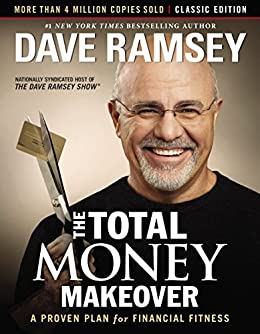

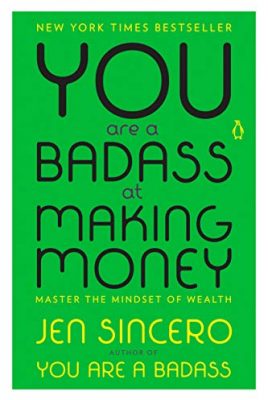
Leave a Reply
View Comments